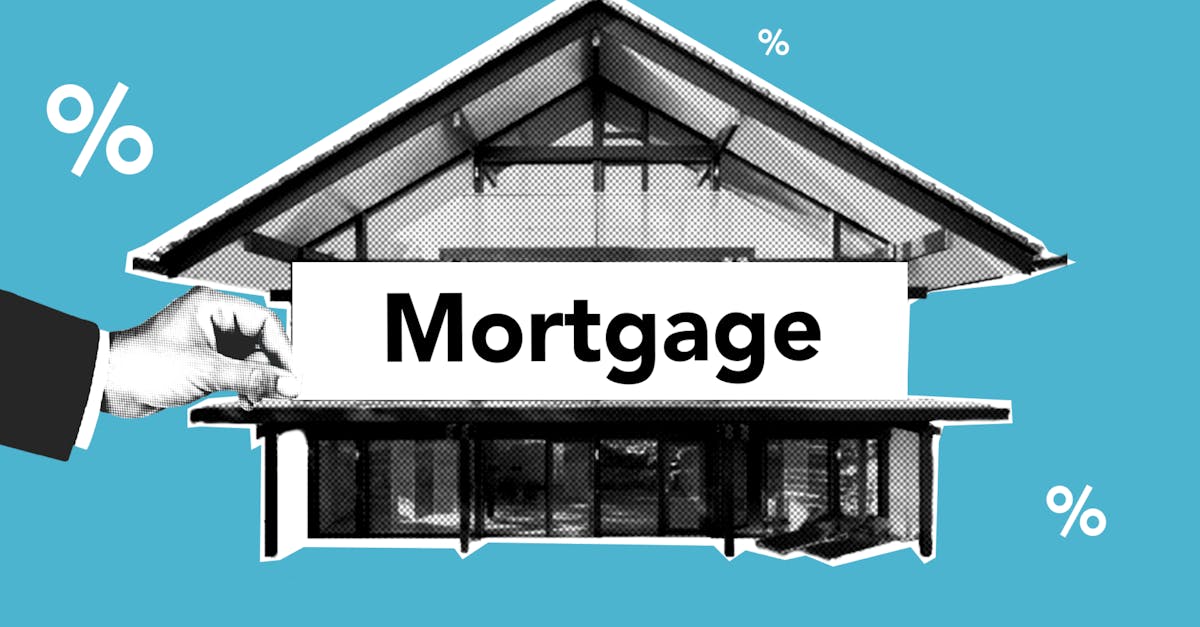
Table Of Contents
Interest Rates and Terms
Interest rates for investment property loans tend to be higher than those for primary residences. Lenders view investment properties as a greater risk because these loans are often seen as more speculative. This difference in rates can significantly affect monthly payments and overall affordability, making it crucial for potential investors to carefully evaluate their financial situation before proceeding. Additionally, the specific terms attached to these loans can vary based on factors such as credit score, down payment, and the type of property being financed.
Understanding the repayment schedules is also essential when considering an investment property loan. Borrowers should examine whether they are looking at fixed or adjustable rates. Fixed rates provide stability over the duration of the loan, while adjustable rates can lead to fluctuating payments that might become burdensome in the long term. Being aware of how interest accrues and how repayment schedules work helps investors plan their finances more effectively, ensuring they can manage their property investments without unexpected financial strain.
What you need to know about rates and repayment schedules
When considering Investment Property Loans, understanding interest rates and repayment schedules is crucial. Rates can vary significantly based on market conditions, credit scores, and the lender’s criteria. Generally, investment property loans tend to have higher interest rates compared to primary residence loans, reflecting the increased risk lenders associate with these types of properties. Potential investors should also be aware of the different loan terms available, which can range from 15 to 30 years. Longer terms often result in lower monthly payments, but they may accrue more interest over the life of the loan.
Repayment schedules play a pivotal role in managing the financial aspects of investment properties. Fixed-rate loans provide the predictability of stable payments over time, making budgeting more manageable. Conversely, variable-rate loans may offer lower initial rates, but they carry the risk of increasing payments as market conditions fluctuate. Savvy investors should carefully evaluate their financial situation and future plans when choosing between these options. Understanding the nuances of both interest rates and repayment schedules will better equip potential borrowers to make informed decisions about their investment property financing.
Lender Options
When considering investment property loans, it is essential to research various lenders to find the best fit for your financial situation. Traditional banks and credit unions often have competitive rates, but their requirements can be stringent. Other options include online lenders and mortgage companies, which may offer more flexible terms and streamlined applications. Each lender specializes in different types of loans, making it crucial to compare the products they offer.
Some investors may also explore hard money lenders, who can provide funding based on the property's value rather than the borrower's creditworthiness. While these loans typically come with higher interest rates, they can be a viable option for those needing quick funding. Additionally, it’s wise to consult with mortgage brokers who have access to multiple lenders and can help you navigate the nuances of investment property loans. Understanding the pros and cons of each option will better prepare you for the lending landscape.
Where to find the best lenders for investment properties
When searching for the best lenders for Investment Property Loans, it's essential to consider various sources. Start by exploring local banks and credit unions, as they often have competitive rates and personalized service for real estate investors. Online lending platforms provide a convenient alternative, allowing you to compare multiple offers quickly. Researching customer reviews and ratings will give you insight into the experiences of other borrowers.
Additionally, working with mortgage brokers can help streamline the process. Brokers have access to a wide range of lenders and can match you with options that suit your specific investment goals. Networking with other real estate investors can also provide valuable recommendations. They may share their experiences and guide you to lenders who specialize in Investment Property Loans, making the search more efficient.
The Application Process
Applying for investment property loans involves several key steps. First, potential borrowers should gather necessary documentation, which typically includes proof of income, tax returns, and credit history. Lenders use this information to assess financial stability and determine eligibility. A solid credit score can significantly impact the terms offered, so it is advisable to review your credit report beforehand and address any discrepancies.
Once documentation is in order, borrowers can begin the application process. This can often be completed online, but many choose to work directly with a mortgage broker or a lender specializing in investment property loans. Initial pre-approval provides a clearer picture of the loan amount and interest rates you can expect, helping to streamline the search for the right property. It's essential to compare offers from multiple lenders to secure the best possible terms.
Step-by-step guide to applying for an investment property loan
When applying for Investment Property Loans, begin by assessing your financial situation. Gather necessary documents, including tax returns, bank statements, and proof of income. This preparation will help you present a comprehensive view of your finances to lenders. Understanding your credit score is crucial, as it can significantly influence your loan terms and interest rates. Address any issues in your credit history prior to submission to enhance your approval chances.
Next, research various lenders and their offerings for Investment Property Loans. Each lender may have different requirements, rates, and terms. Compile a list of suitable lenders and reach out to them for preliminary discussions. This approach allows you to compare options effectively and identify the best fit for your investment needs. Once you select a lender, complete the application process by providing detailed information about the property and your financial history for a smoother experience.
FAQS
What factors affect the difficulty of obtaining an investment property loan?
Several factors can affect the difficulty, including your credit score, debt-to-income ratio, employment history, the amount of the down payment, and the type of property you are purchasing.
Are investment property loans more difficult to obtain than primary residence loans?
Generally, yes. Lenders often have stricter requirements for investment property loans due to the perceived higher risk, including higher down payment requirements and a more thorough examination of your financial history.
How can I improve my chances of being approved for an investment property loan?
To improve your chances, you can work on boosting your credit score, reducing existing debt, saving for a larger down payment, and ensuring you have a stable income. It can also help to have a solid business plan for the property you intend to invest in.
What types of lenders offer investment property loans?
Investment property loans can be obtained from various lenders, including traditional banks, mortgage companies, credit unions, and online lenders. Each may have different terms and criteria, so it's important to shop around.
Is it possible to get an investment property loan with a low credit score?
While it is more challenging to secure an investment property loan with a low credit score, it is not impossible. Some lenders specialize in loans for borrowers with less-than-perfect credit, but you may face higher interest rates and less favorable terms.




